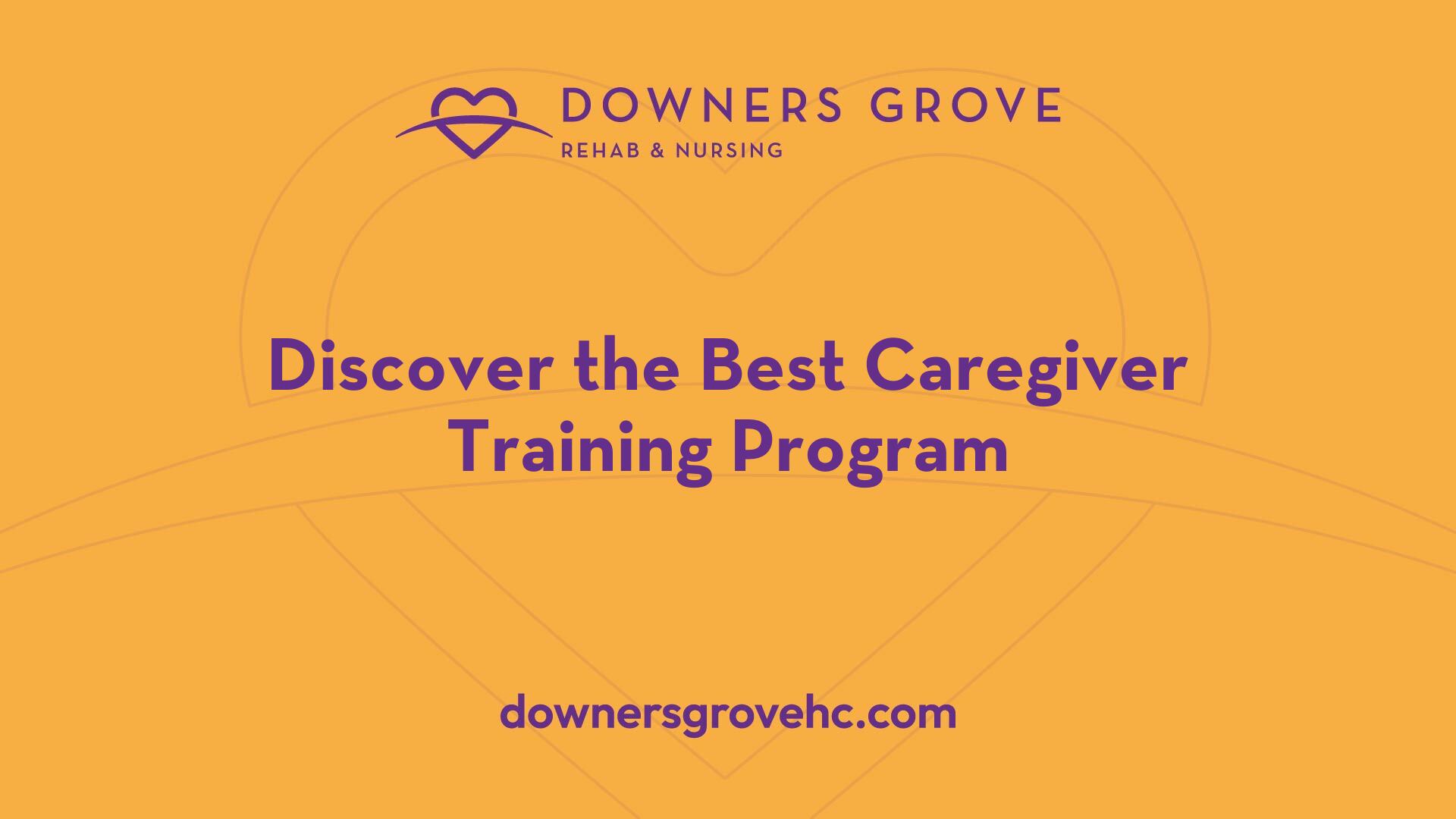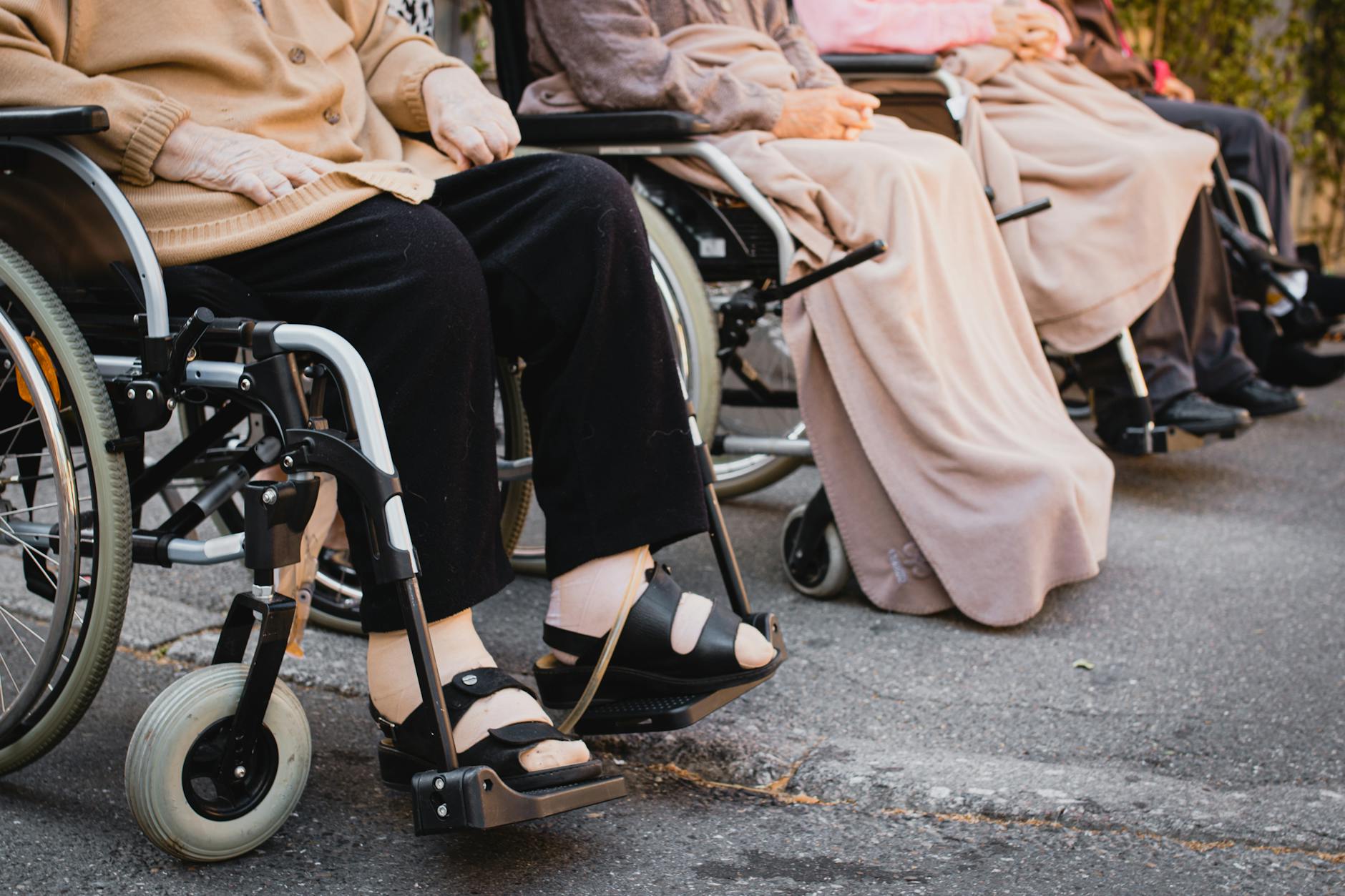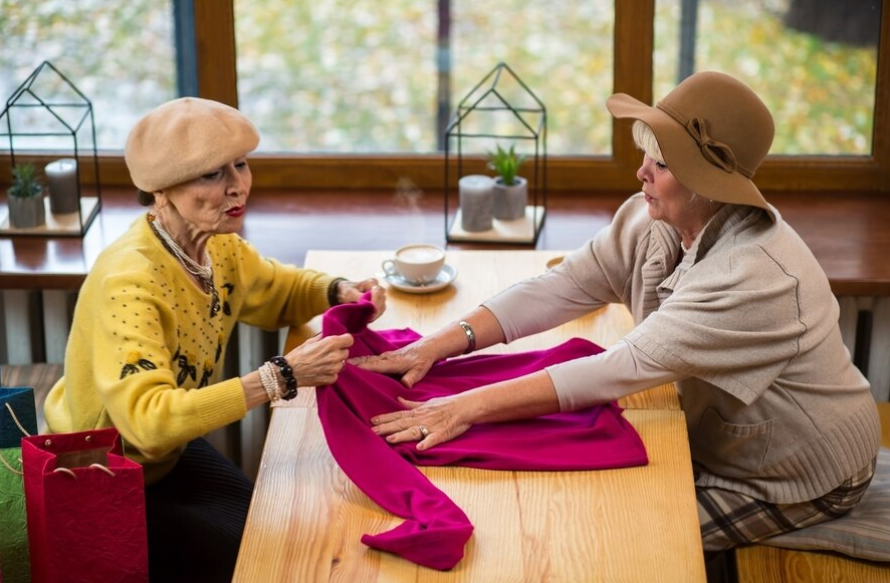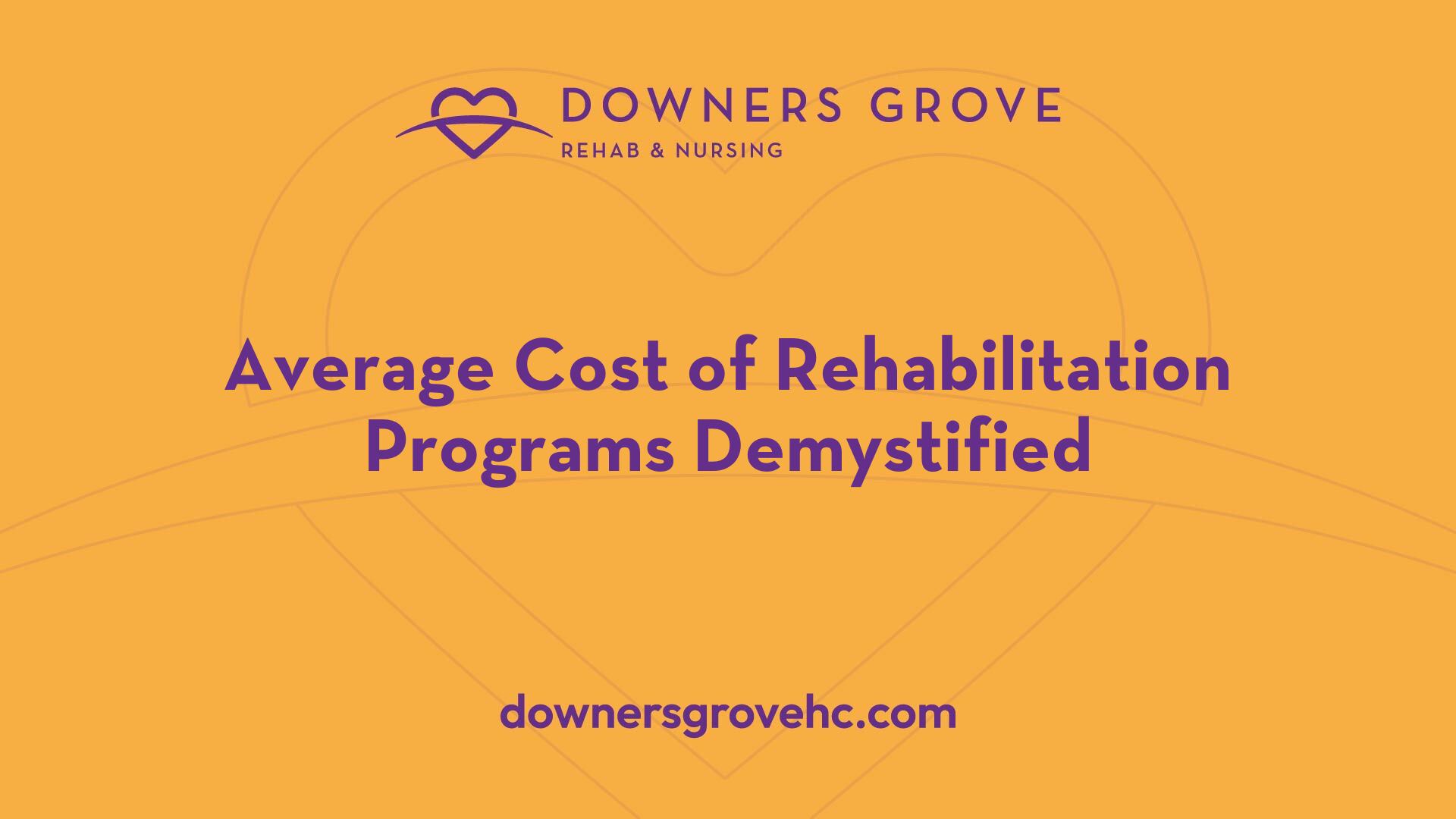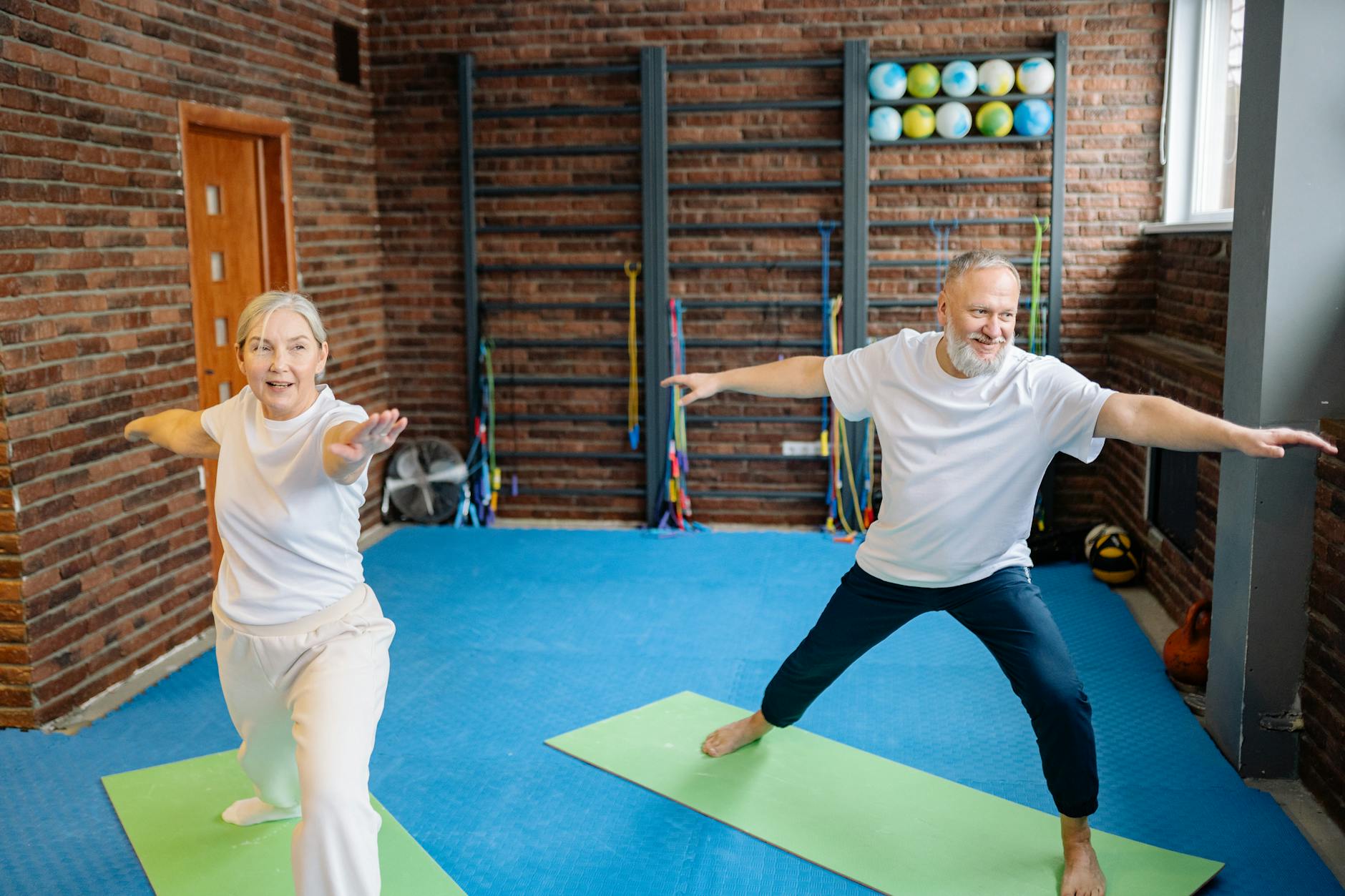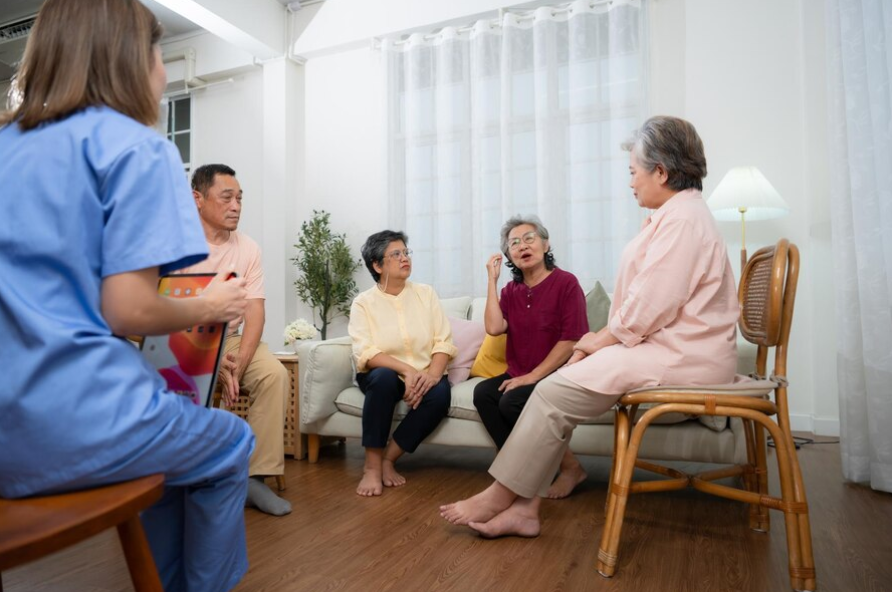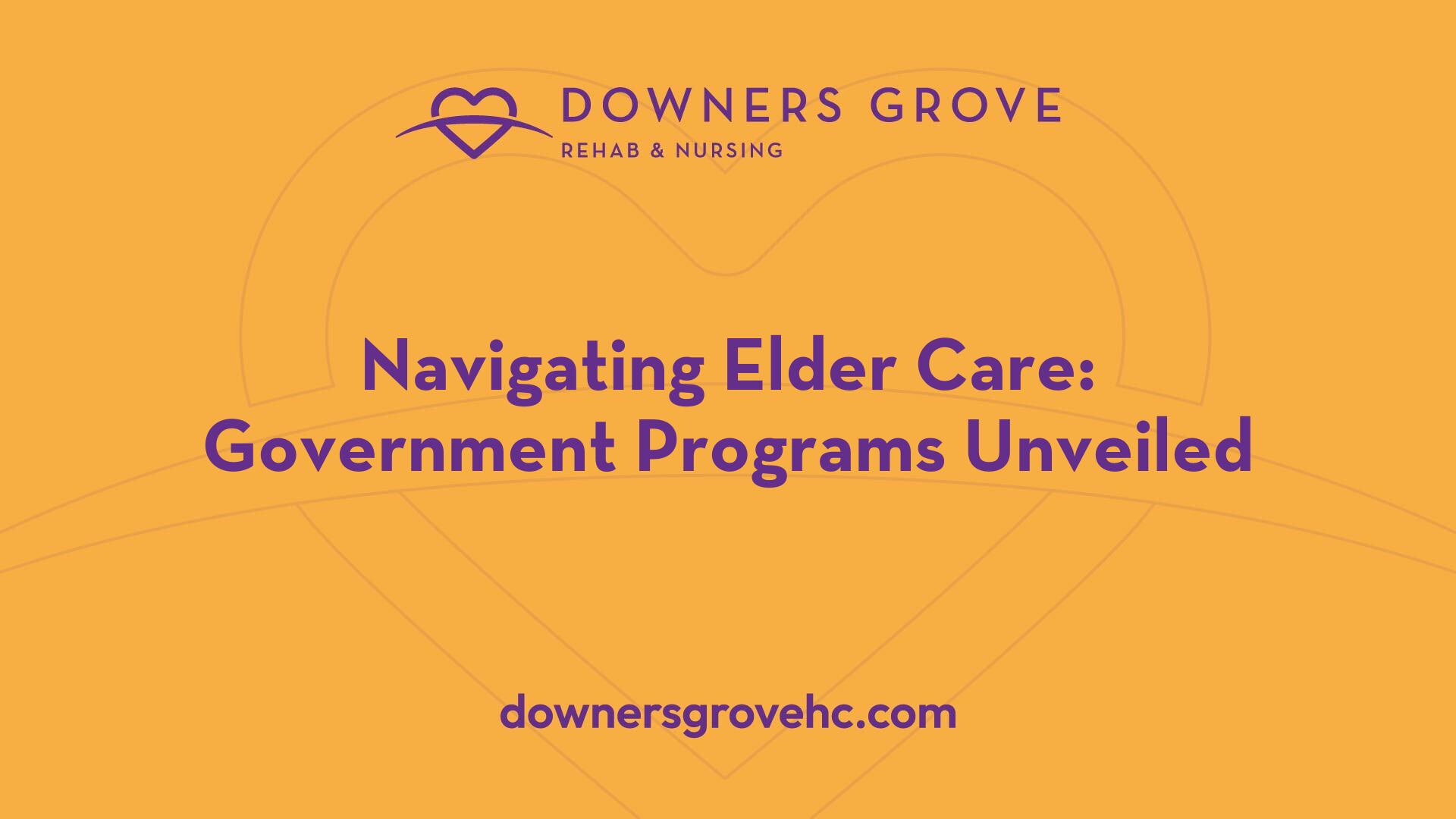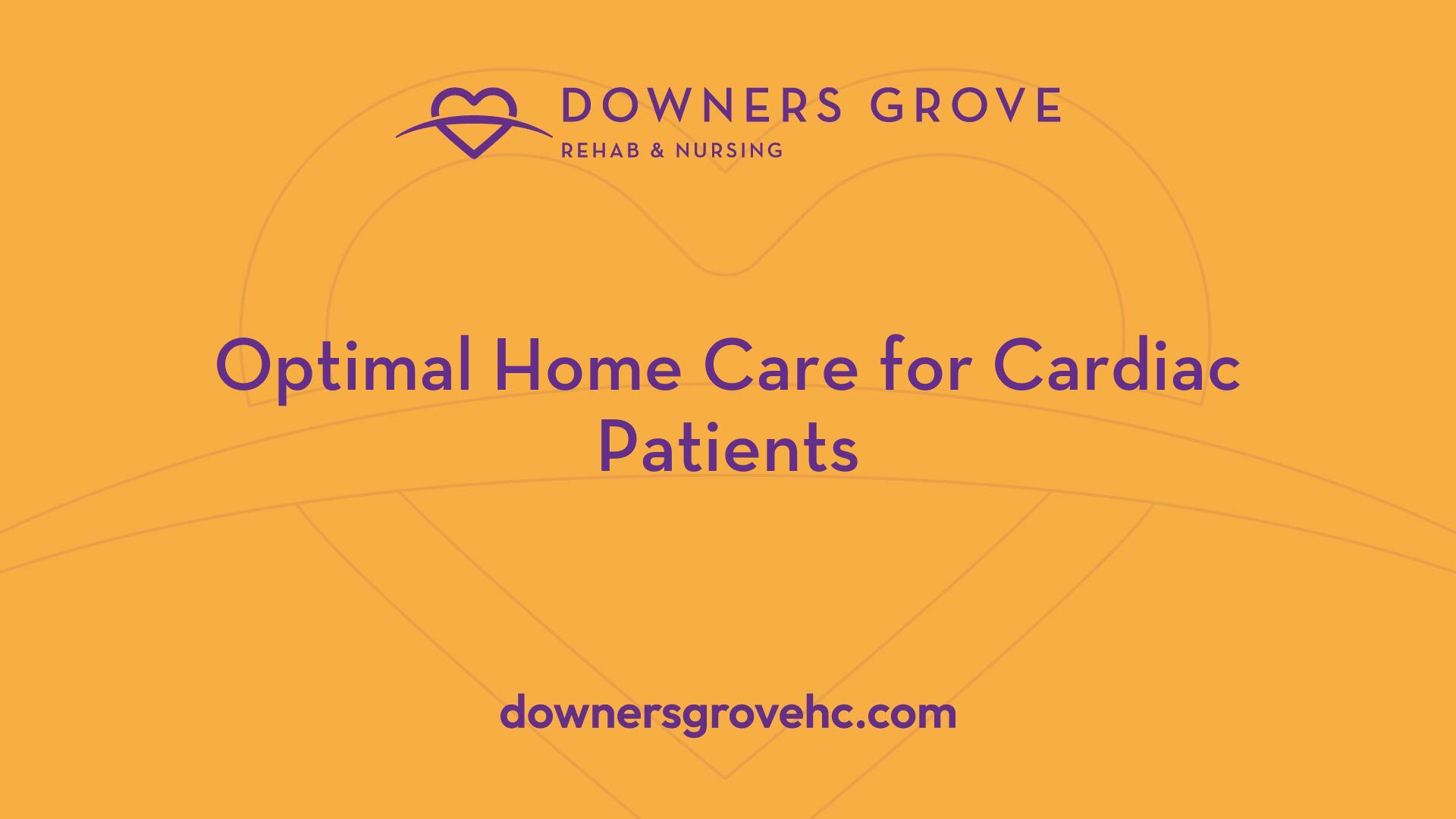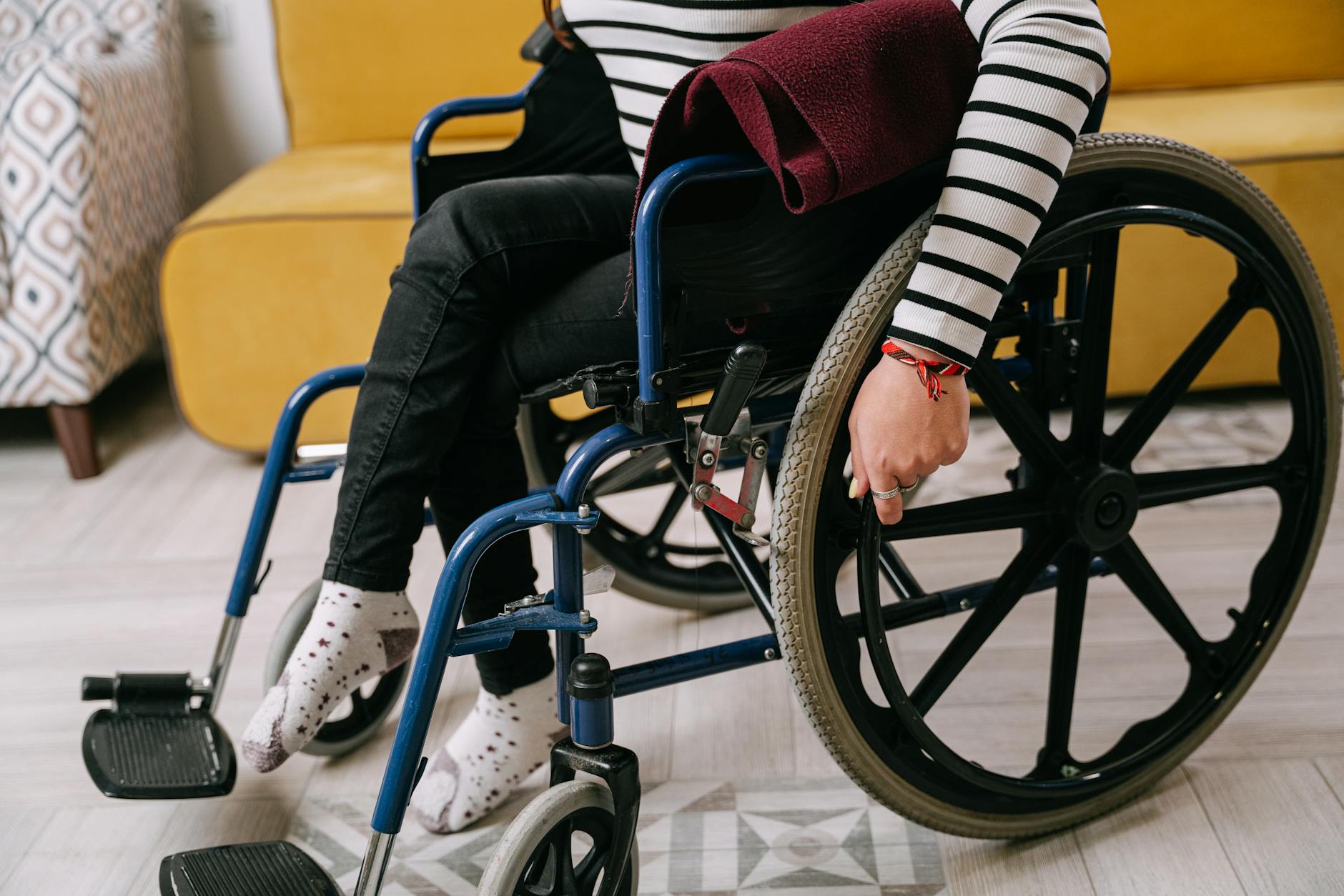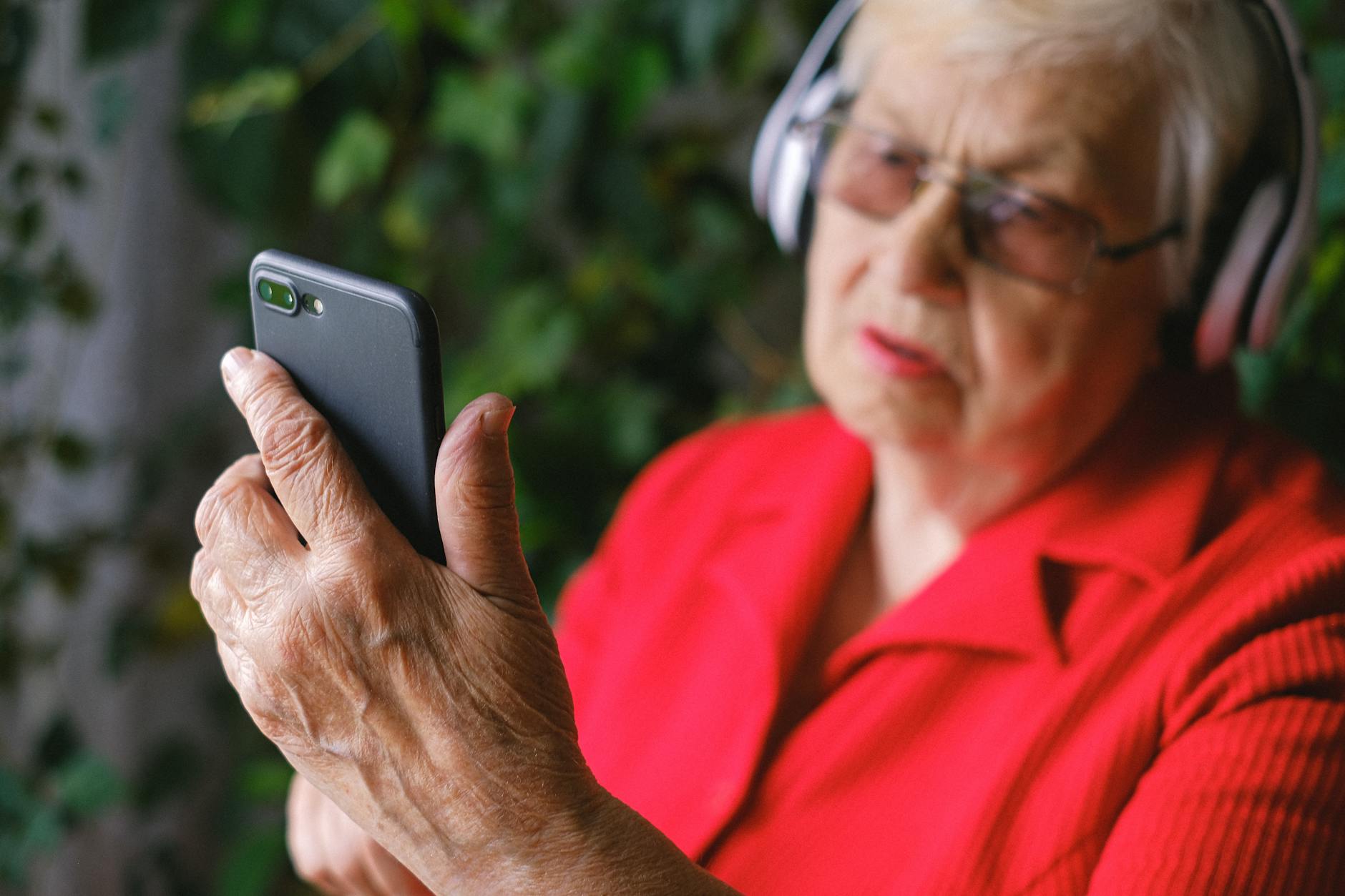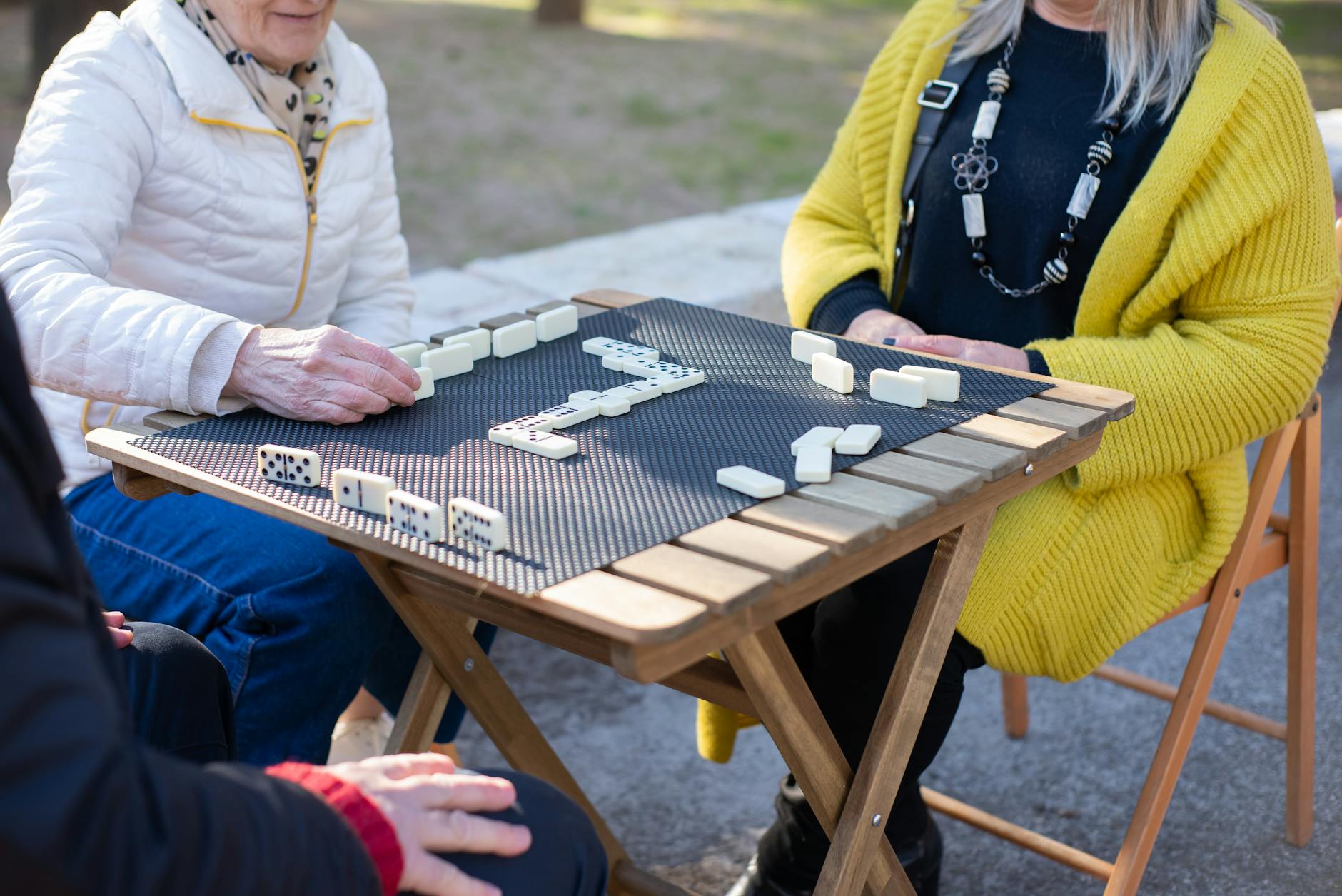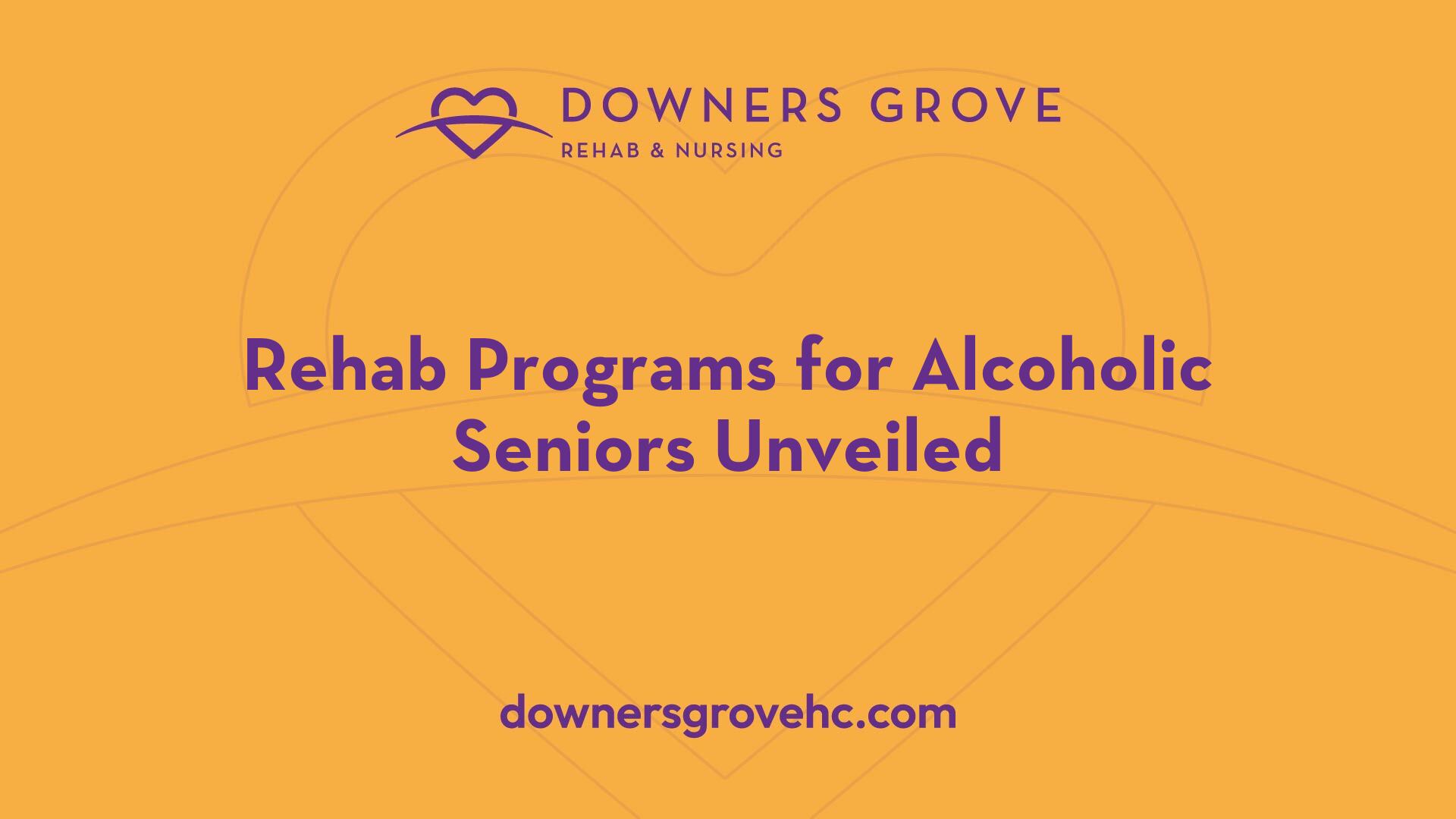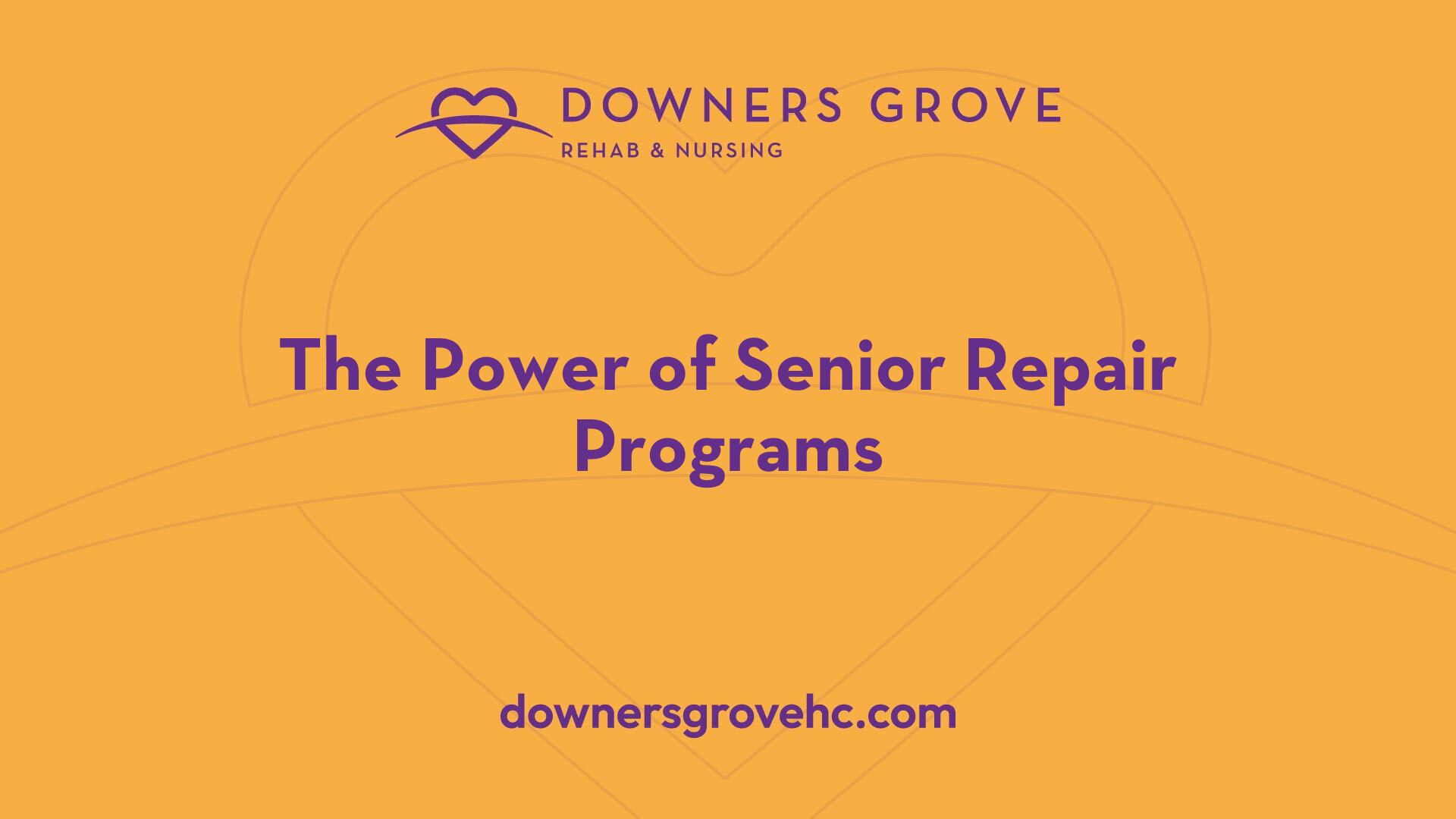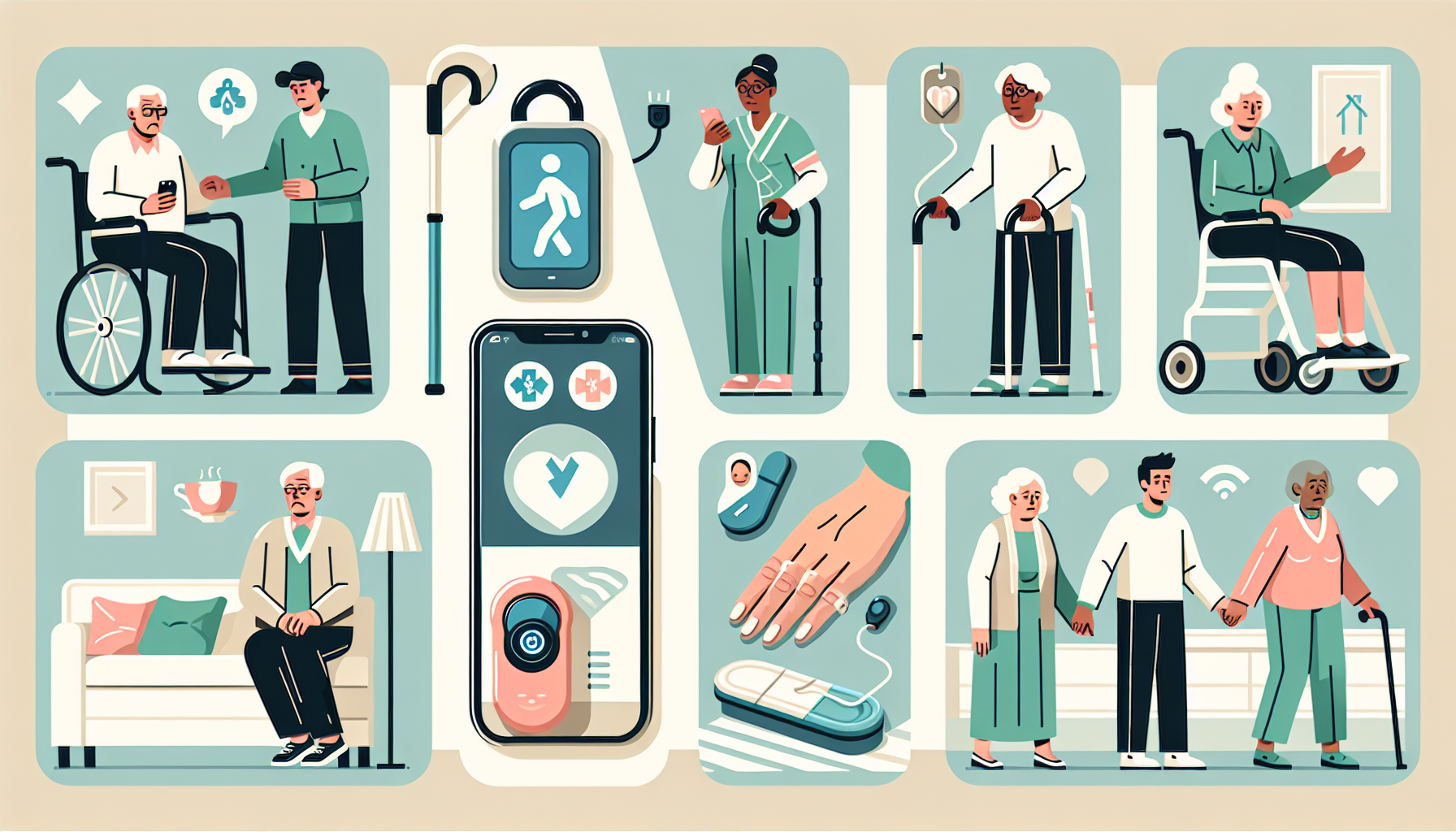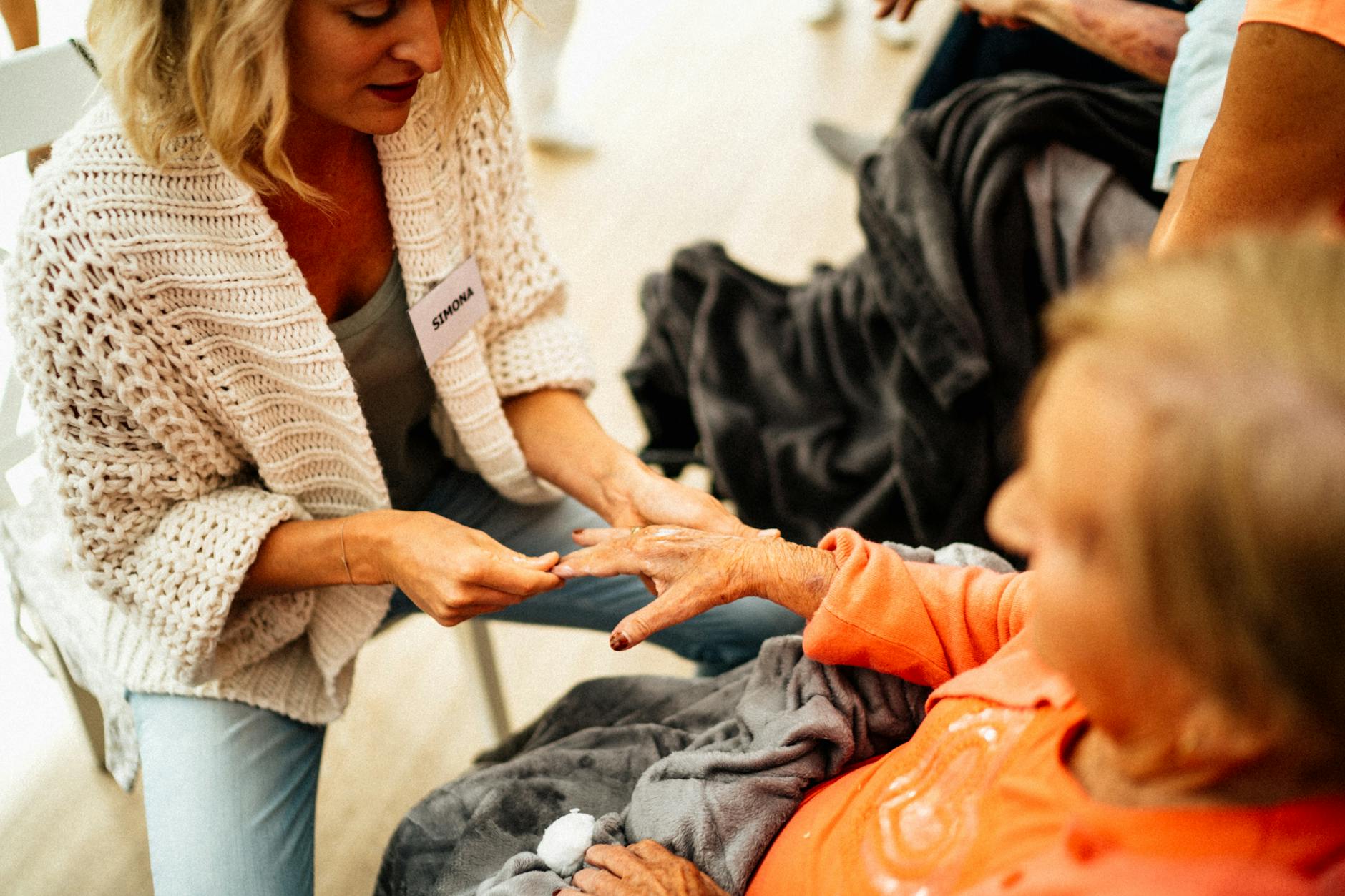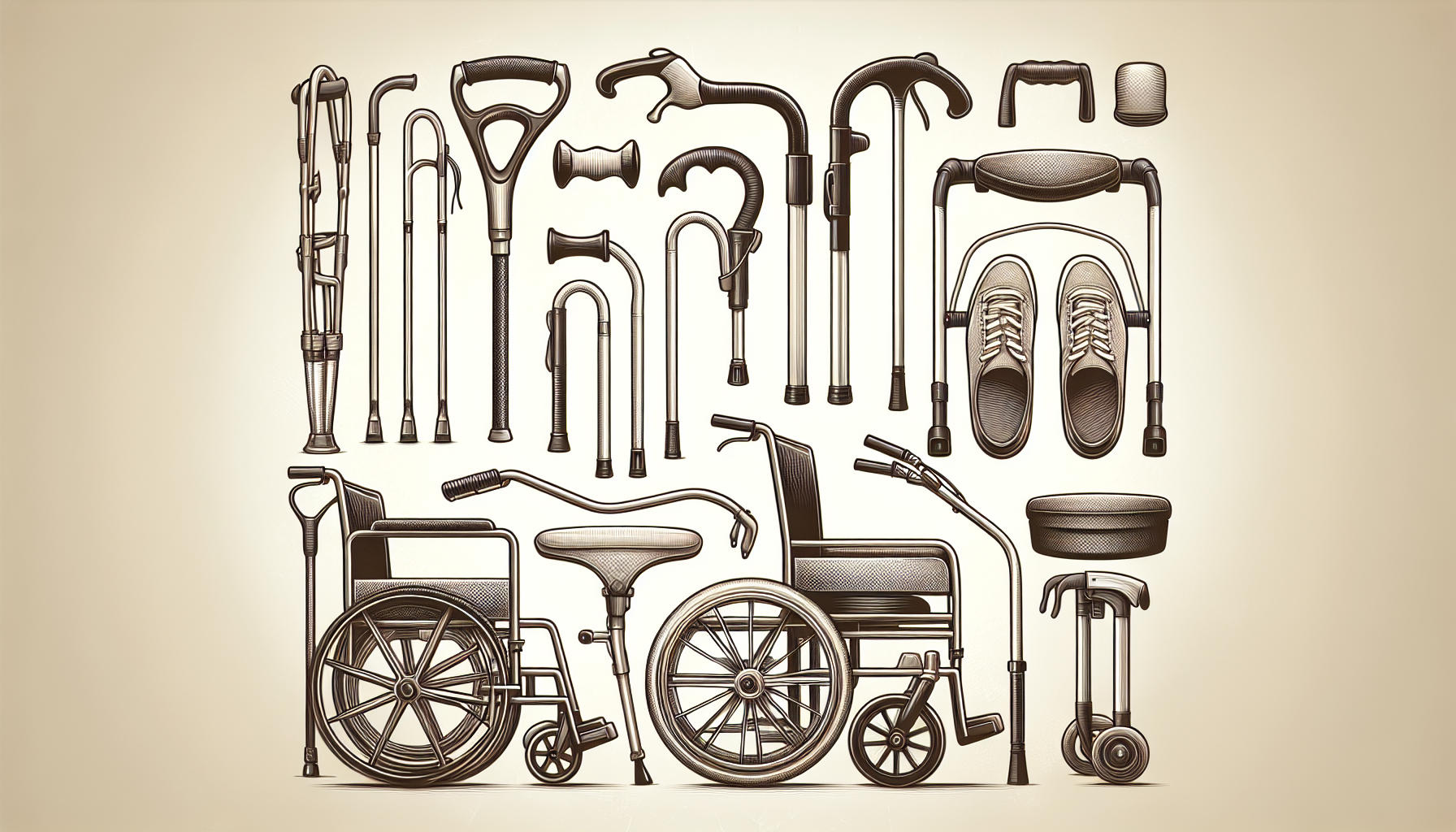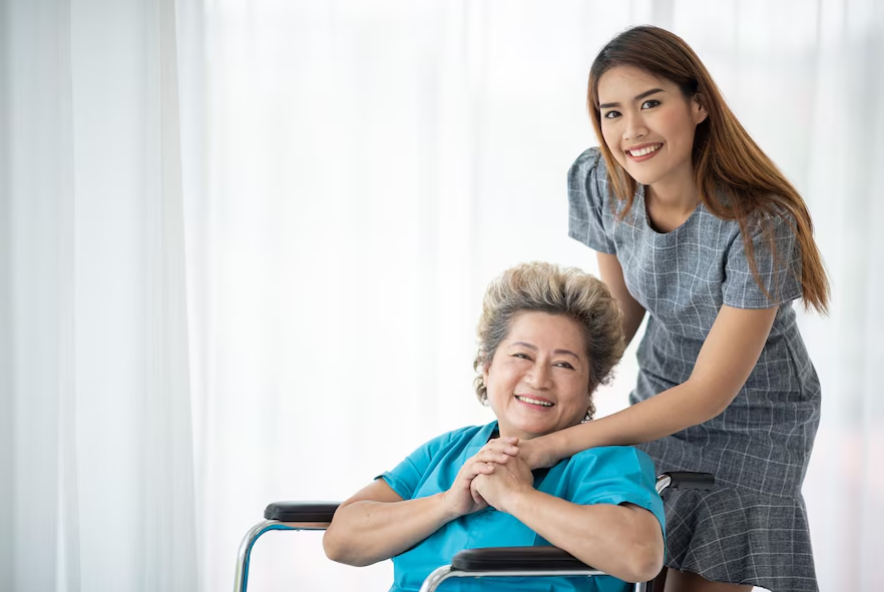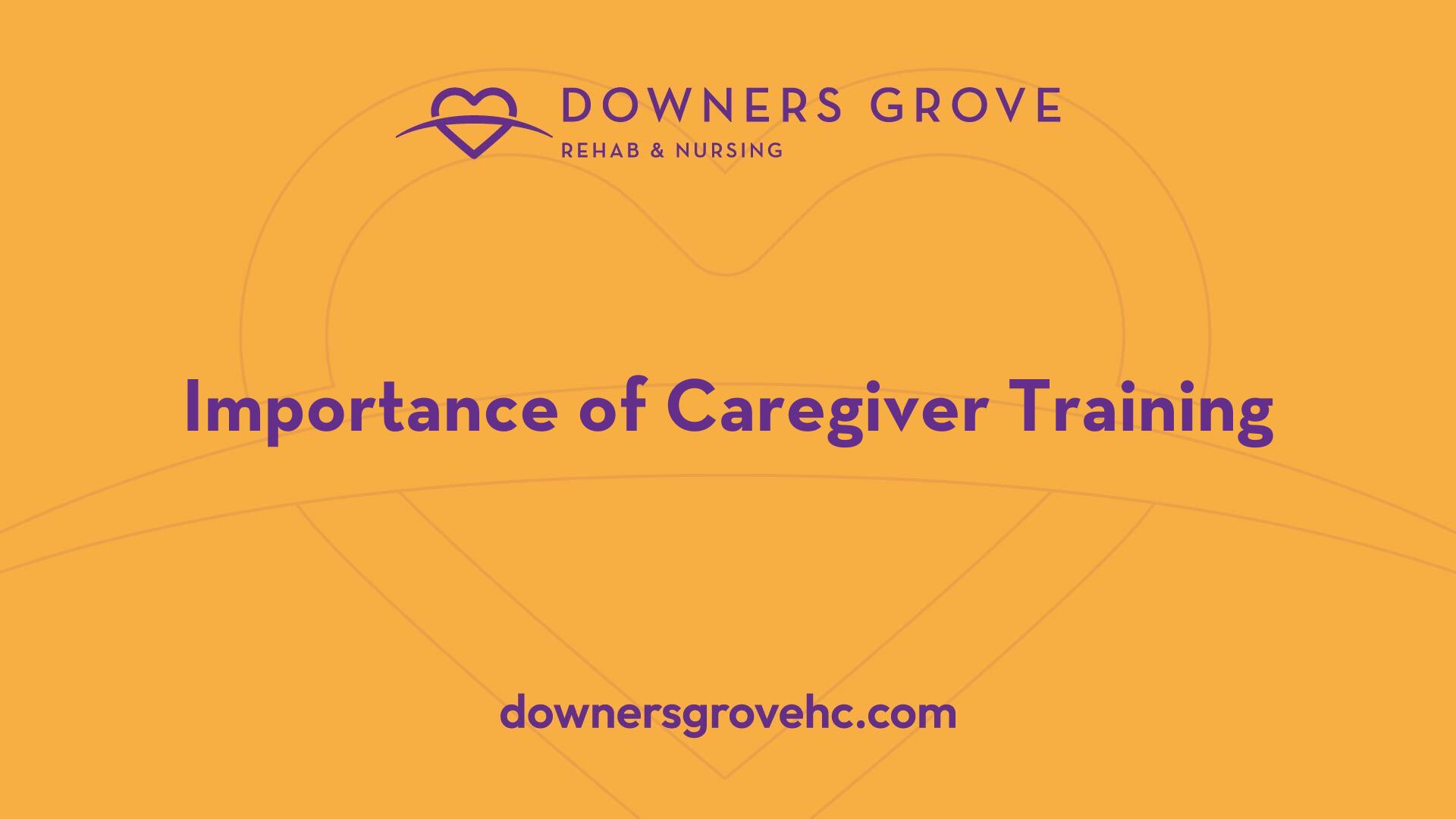
Importance of Caregiver Training
Recognizing Caregiver Challenges
Caregiving can be a demanding role involving various challenges that individuals may face. Many caregivers often experience stress due to the emotional and physical demands associated with caregiving. They might feel overwhelmed by the responsibilities of managing health conditions, providing daily assistance, and balancing personal and professional obligations. Awareness of these challenges is critical for implementing effective caregiver training programs, which can equip caregivers with necessary skills and strategies.
Additionally, caregivers can suffer from feelings of isolation and fatigue, making peer support vital. The recognition of these challenges allows organizations to create supportive training programs that address specific needs and enhance caregivers’ effectiveness in their roles.
Benefits of Peer Support Programs
Peer support programs are an invaluable resource for caregivers. They offer informational and psychosocial support, reduce social isolation, and connect individuals to others facing similar challenges. Such programs provide a community where caregivers can share experiences, receive practical advice, and navigate healthcare systems together. This supportive network is crucial in improving both caregivers' and patients' quality of life, as highlighted by the findings from the National Center for Biotechnology Information.
In studies, peer support interventions have shown positive effects on outcomes such as patient activation, self-efficacy, and improved self-care behaviors. This includes significant impacts on managing health conditions like depression, HIV, and diabetes, benefiting not just the caregivers but also their care recipients. By participating in peer support programs, caregivers can find guidance, gain confidence, and learn valuable coping strategies.
Benefits of Peer Support ProgramsDescriptionEmotional SupportProvides a community for sharing experiences and feelings.Information ExchangeOffers practical advice and resources for caregiving challenges.Reduced IsolationConnects caregivers with others facing similar situations.Improved Healthcare NavigationFacilitates easier access to healthcare resources and information.
Investing in caregiver training programs that emphasize the importance of peer support can significantly enrich the caregiving experience, foster resilience, and enhance overall care quality. For more information on senior care services, check our resources on programs for senior citizens.
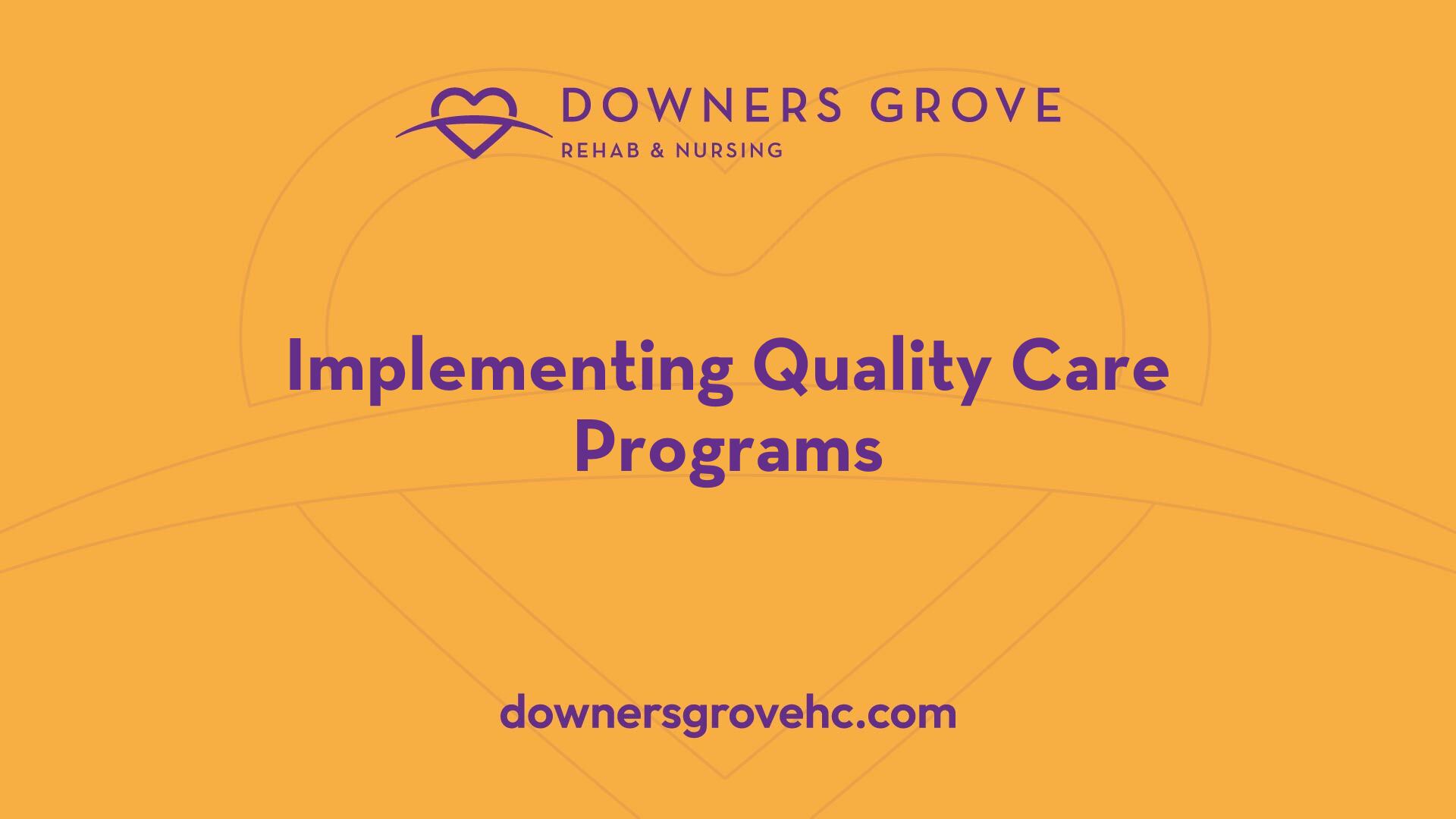
Implementing Quality Care Programs
Establishing effective caregiver training programs is essential for providing quality care to seniors. One such method is Cognitive Stimulation Training (CST), which has been shown to significantly improve both cognitive abilities and the overall quality of life for older adults.
Cognitive Stimulation Training
Cognitive Stimulation Training involves various activities aimed at stimulating mental processes such as memory, attention, and comprehension. Research indicates that older adults cared for by trained caregivers showed notable improvements in cognitive skills compared to those who did not receive such care. A study monitored 160 older adults, dividing them into a treatment group, where caregivers—both professional and family—received CST training, and a control group without the training. The findings highlighted that older adults in the treatment group exhibited enhancements across cognitive sub-items [2].
Outcome MeasurePre-Training ScorePost-Training ScoreMMSE (Mini-Mental State Examination)2328CAPE (Caregiver Assessment of Patient Engagement)46EuroQol (Quality of Life)7085
These results underline the potential of CST in cultivating cognitive resilience among seniors. The positive impacts were noted irrespective of whether they were cared for by family or professional caregivers, demonstrating that anyone involved in elder care can benefit from implementing cognitive engagement strategies.
Program Evaluation and Results
Evaluating the effectiveness of caregiver training programs is crucial for ongoing improvement. In the context of cognitive stimulation training, caregiver satisfaction has emerged as a key metric for success. Participants reported increased satisfaction with their caregiving roles after completing the program, as measured by the Positive Aspects of Caregiving questionnaire [2].
Caregiver TypeSatisfaction Pre-TrainingSatisfaction Post-TrainingFamily Caregivers65%85%Professional Caregivers70%90%
Both family and professional caregivers noted heightened contentment in their roles following training, indicating that such programs can enhance the overall caregiver experience while concurrently improving the care provided to older adults.
Emphasizing the implementation and evaluation of quality care programs like Cognitive Stimulation Training can significantly boost both caregiver performance and senior well-being. For more insights into effective caregiver resources, consider exploring our articles on government programs for seniors and elder care government programs.
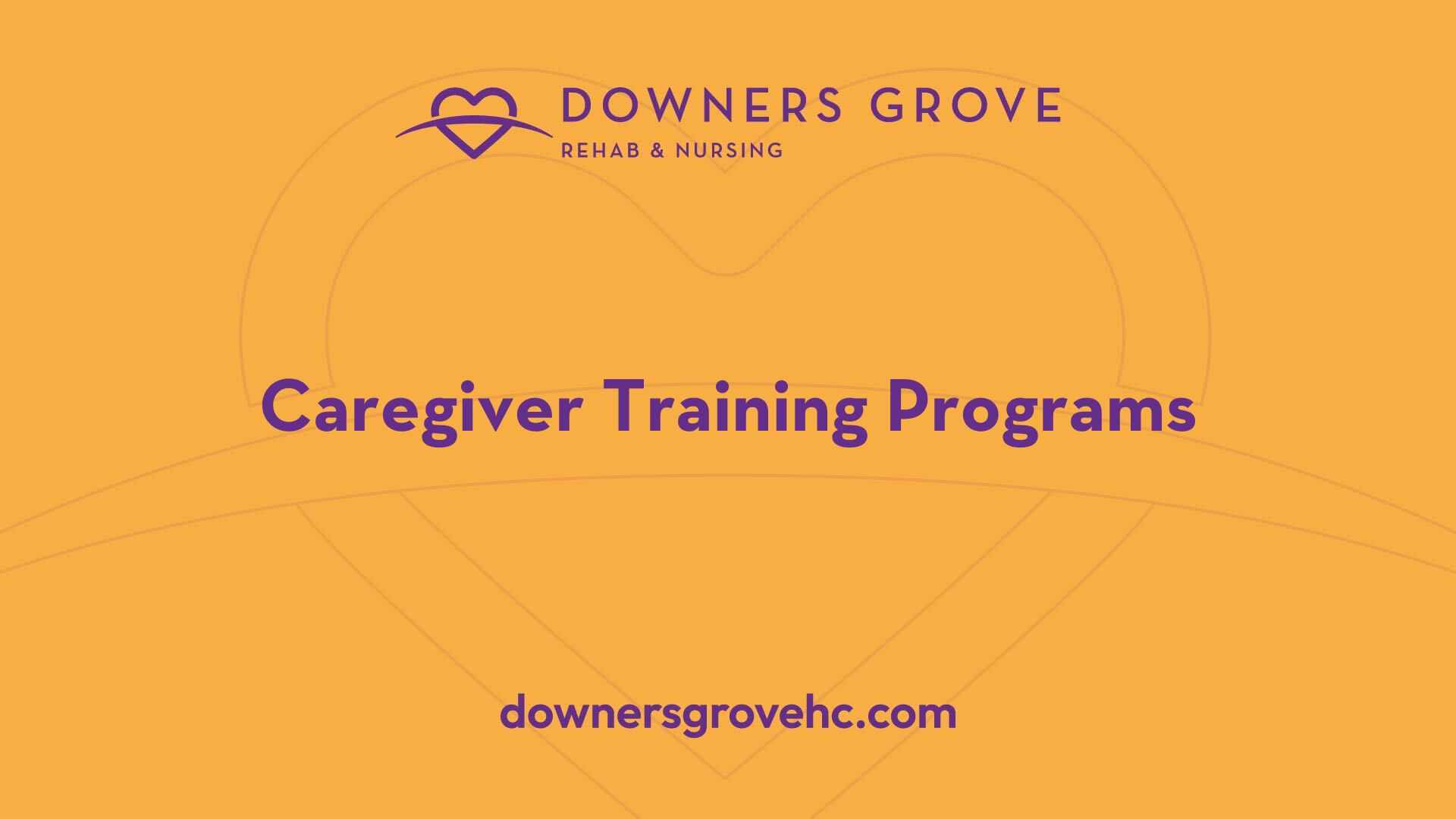
Caregiver Training Programs
Understanding caregiver training programs is essential for ensuring quality in senior care services. These programs must adhere to specific standards and regulations set by Medicare and respective state authorities.
Medicare Standards and Requirements
Medicare has established guidelines that caregiver training programs must follow to ensure that they provide quality care. These training programs are designed to equip caregivers with skills for observing, communicating, and reporting a patient’s status to their family, the agency, and other caregivers. This comprehensive training ensures caregivers are prepared to deliver top-notch care [3].
Key aspects of Medicare standards include:
RequirementDescriptionQuality Care FocusTraining must emphasize the provision of quality care.Observational SkillsCaregivers must learn to effectively observe patient conditions.Communication SkillsTraining includes methods for clear communication with families and colleagues.Reporting PracticesCaregivers are trained on how to report changes in the patient’s status.
In states like Washington and New Jersey, caregivers who provide hands-on personal care—such as toileting, grooming, or feeding—must also meet training standards similar to those outlined by Medicare for home health aides. An understanding of these guidelines can provide crucial insights into the home care industry [3].
State Regulations and Certification
State regulations play a pivotal role in shaping caregiver training programs. Each state has its own set of certification and licensing requirements, which can lead to variations in what is expected of caregivers across the country. Caregiver agencies are regulated at the state level, which ensures that they meet the necessary standards to provide care.
AspectDescriptionState RegulationEach state enforces its own certification requirements.LicensingAgencies must be licensed based on state laws.Medical GuidelinesAgencies must adhere to physician orders and state standards.
Medical services delivered by home health agencies must comply with physician orders and the regulatory standards set by the state. This is particularly important for those agencies certified by Medicare or Medicaid. Understanding both Medicare requirements and state specific regulations is essential for developing effective caregiver training programs and ensuring high-quality care for seniors.
For further information on programs available for seniors, visit our page on government programs for seniors.
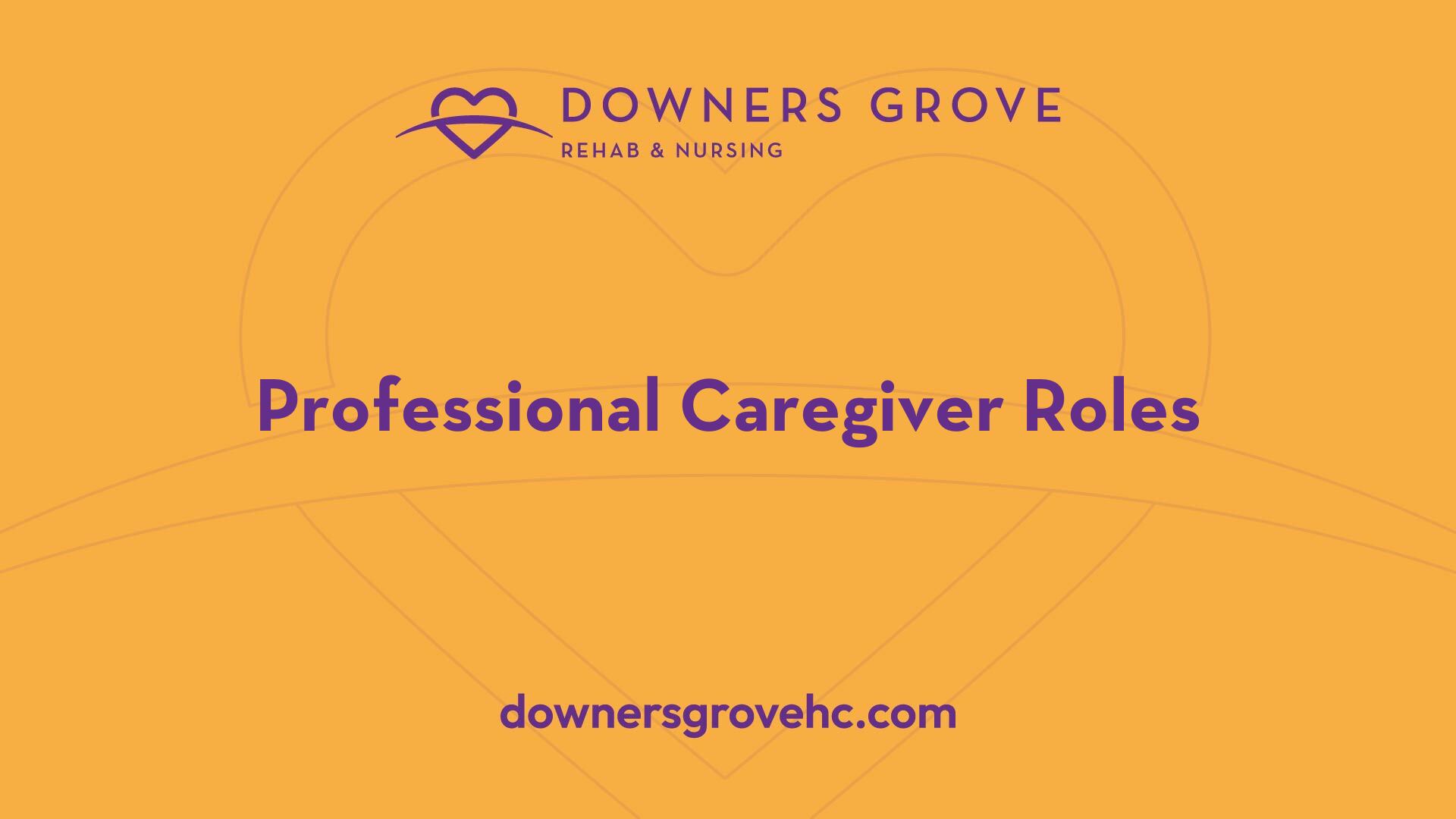
Professional Caregiver Roles
Professional caregivers play a vital role in providing quality care for seniors and individuals with disabilities. Among the essential positions within this field are Certified Nursing Assistants (CNAs) and Home Health Aides (HHAs).
Certified Nursing Assistants (CNAs)
Certified Nursing Assistants are professional caregivers trained to provide medical care in various settings, including hospitals, nursing homes, and home care environments. CNAs offer support with daily living activities such as bathing, grooming, and eating, while also monitoring the patient's condition.
To become a Certified Nursing Assistant, individuals must complete a training program that typically costs between $600 to $2,000 on average. This training equips them with valuable knowledge and skills essential for senior care providers.
The responsibilities of a CNA may include:
DutiesDescriptionAssisting with daily living activitiesHelping residents with personal care tasksMonitoring vital signsChecking blood pressure, temperature, and pulseReporting changesInforming nurses about any notable changes in patient healthSupporting mobilityAssisting patients with movement and physical exercises
Home Health Aides (HHAs)
Home Health Aides provide essential non-medical care to seniors and individuals requiring assistance in their daily lives. HHAs support clients with personal care, companionship, and socialization, enhancing the quality of life for those they serve.
The cost of obtaining HHA certification can vary significantly; it may range from $50 for individual classes to up to $800 for a full certificate program. This training prepares HHAs to deliver basic medical care, patient support, and emergency response in a home setting.
Responsibilities of an HHA include:
DutiesDescriptionCompanionshipProviding social interaction and emotional supportAssisting with daily activitiesHelping with meals, housekeeping, and personal hygieneRecognizing emergenciesIdentifying health concerns and responding appropriately
Both CNAs and HHAs play critical roles in the senior care program, providing valuable support and improving the well-being of their clients. To learn more about the importance of caregiver training programs and their impact on senior care, visit our page on elder care government programs.
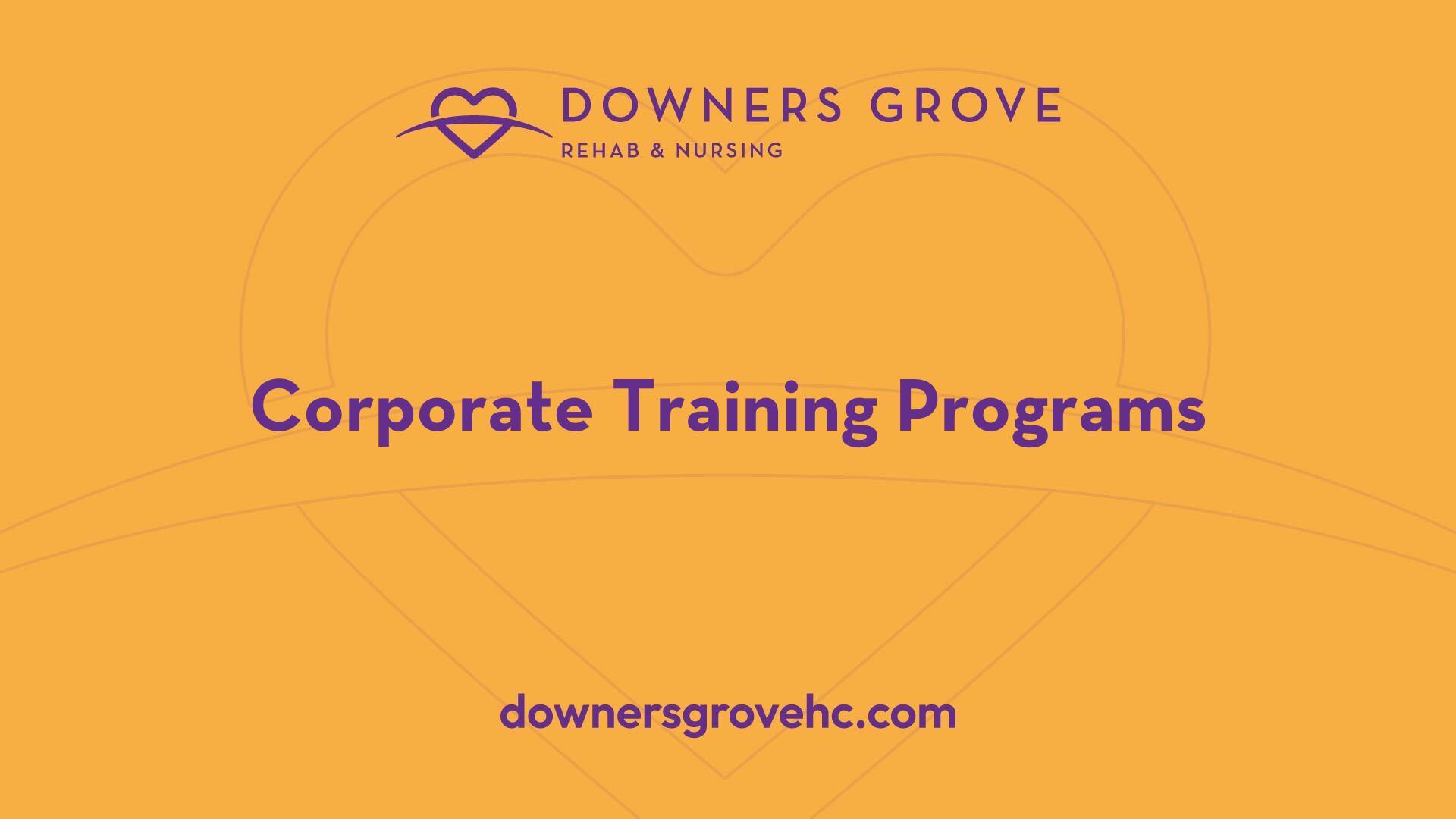
Corporate Training Programs
Corporate training programs play a crucial role in developing skills that caregivers need to excel in their roles. They emphasize the importance of continuous learning, innovation, and technological integration.
Cultivating Continuous Learning
Successful corporate training plans cultivate a culture of continuous learning. This environment inspires employees to consistently enhance their skills and foster professional growth [5]. By supporting employees through their learning journey with motivating training content, organizations can invoke new ideas and approaches that lead to fresh perspectives and innovative solutions.
Companies frequently implement structured programs that include regular assessments and feedback loops, helping employees recognize their strengths and areas for improvement. The table below illustrates key elements of effective continuous learning cultures in corporate training:
Key ElementsDescriptionOngoing AssessmentRegular evaluations help track employee progress.Feedback LoopsContinuous feedback allows for timely improvements.Motivational ContentEngaging training materials inspire learning.CollaborationFacilitating teamwork enhances the learning experience.
Online Training Advancements
The rise of e-learning has transformed caregiver training programs. With advancements in technology, training sessions have shifted from in-person formats to online platforms. Learning Management Systems (LMS) and Learning Experience Platforms (LXP) enable companies to reach global teams, providing equal opportunities for training and growth regardless of location and language.
To stay updated with rapid technological changes, corporate training must evolve. Companies are increasingly focusing on blended-learning solutions that combine digital learning, fieldwork, and immersive classroom sessions. According to recent surveys, 60% of companies plan to increase their Learning & Development (L&D) spending, with 66% aiming to boost employee training hours [6].
These innovative approaches to training not only enhance the knowledge base of caregivers but also contribute to improved care standards and patient outcomes. For a deeper understanding of effective caregiver training methodologies, refer to our resources on programs for senior citizens and elderly nutritional needs.
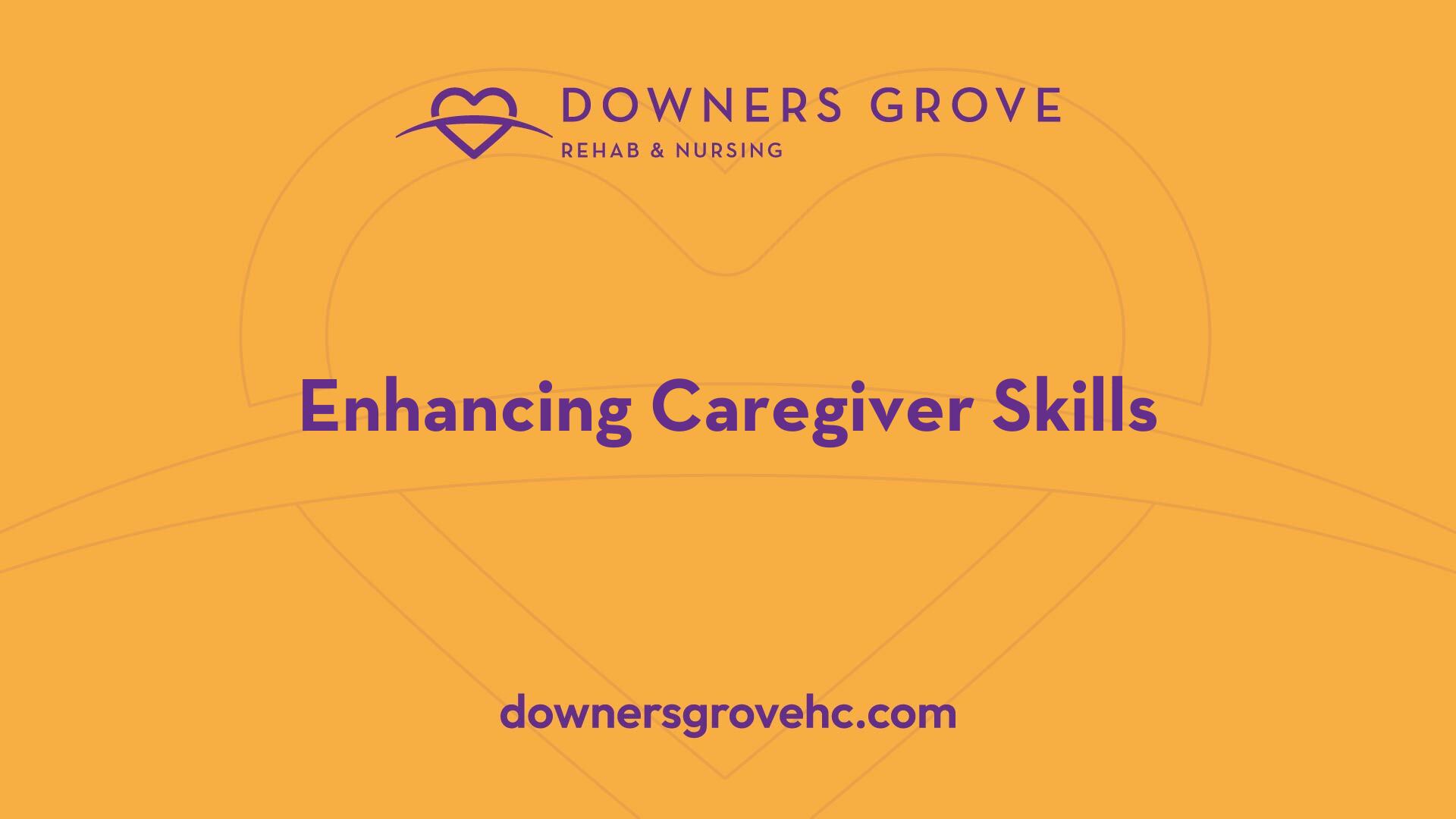
Enhancing Caregiver Skills
Developing essential skills is crucial for caregivers to provide effective support and care. The ability to handle emergencies and a clear understanding of the costs associated with certification programs are key components of enhancing caregiver capabilities.
Handling Emergencies and Planning
Planning for emergencies is crucial for caregivers, as unexpected situations can arise at any time. Caregivers must be prepared to manage these scenarios effectively to ensure the safety and well-being of those under their care. Essential emergency preparedness training included in caregiver training programs often covers topics such as:
Emergency ScenarioKey ActionsMedical EmergenciesRecognizing symptoms, calling for medical help, basic first aidFire SafetyEvacuation plans, use of fire extinguishers, smoke alarmsPower OutagesBackup lighting, keeping emergency supplies, food safetyNatural DisastersEmergency kits, communication plans, shelter locations
Having a comprehensive emergency plan ensures that caregivers are ready to act swiftly and confidently. It is beneficial for them to engage in training that emphasizes proactive planning for various emergency situations.
Costs of Certification Programs
Understanding the financial aspects of caregiver certification programs is essential. The costs can vary significantly based on the type of certification, program length, and the institution offering it. Basic caregiver certification programs typically range from $50 to $100 and cover vital skills such as assisting in activities of daily living (ADLs) and managing caregiver-family relationships [4].
For higher levels of certification, such as:
Type of CertificationCost RangeCertified Nursing Assistant (CNA)$600 - $2,000Home Health Aide (HHA)$50 (individual classes) to $800 (full program)
CNA training provides extensive knowledge and skills beneficial for professional caregivers in healthcare settings, while HHA certification focuses on basic medical care, patient support, and emergency response in home environments.
Through these training programs, caregivers enhance their qualifications and skills, making them better prepared to meet the demands of their roles. Opportunities for financial assistance and guidance regarding government programs for seniors can further alleviate the costs associated with these necessary certifications.
References
[2]:
[3]:
[4]:
[5]:
[6]:
[7]:

